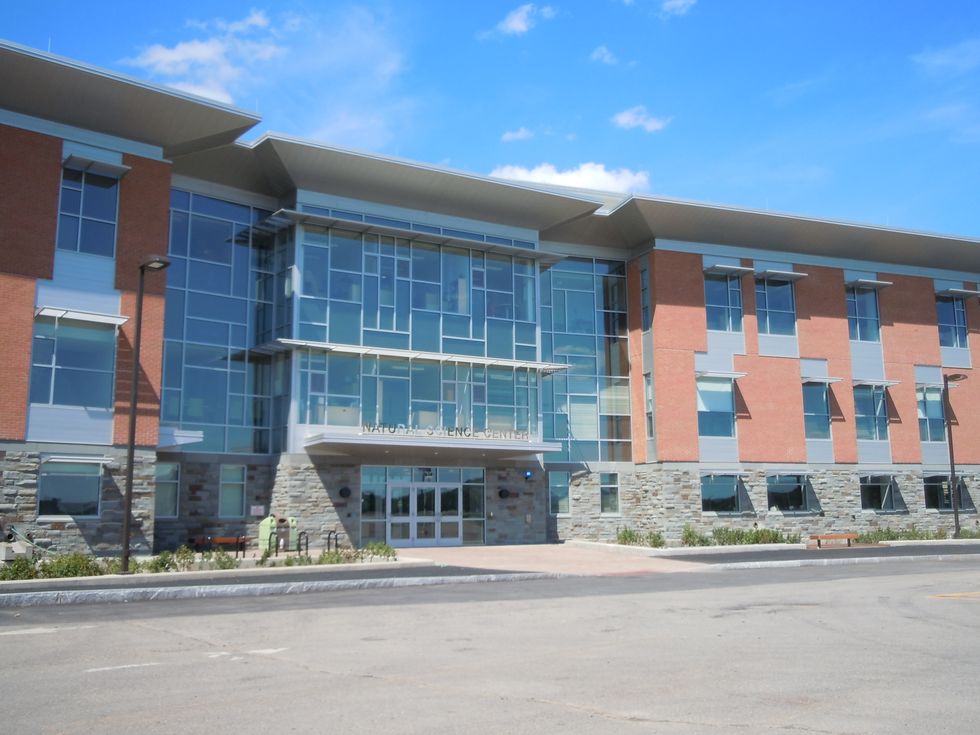I’ve technically been to four different colleges in the last four years. I can only speak from experience in public schools in New York State. I've been to University at Albany, Binghamton University, Onondaga Community college, and Broome Community College.
I think the major difference in community college versus a university setting is the teaching and learning environments. In a university, the professors are not there because their passion is teaching or because they’re even necessarily good at it. The true professors have research grants and other projects going on outside of class. They don’t need to make sure everyone learns what they took that class to learn. Sometimes the grades are so curved that your C test grade becomes an A. This might seem nice at the time, but later on, you may ask yourself, what did I really get out of this class?
In a community college setting, and I’m speaking about Broome specifically, the professors really did want their students to learn and do well. I met an extremely effective Anatomy and Physiology Professor who claimed he used to work at Binghamton University. Once I had a few lab sessions with him, I completely understood why he made the change. He cares! He cares about what he’s teaching, he cares about how well we can digest the material. My guess is that he was too focused on his research at the University that he was unable to teach in the way he wanted to, the way he teaches now. He also probably finished working on his research too before deciding to leave the University.
That’s the other thing about big universities, most lecture classes that require a lab component, are not run by the professors, but by teaching assistants. In this case, your efficiency in the lab is most reliant on this lab or teaching assistant. So, if I had taken a class with my professor when he taught at Binghamton, I would never have gotten to know him as well as I did in his class at Broome. He knew most everyone’s name in our lecture because he had several lab groups that met each week.
Another thing I’ll say about big universities is that they do make students more self-reliant. When I was a freshman at both Albany and Binghamton, there were a bunch of little things I had to figure out for myself. I remember there was a problem with my schedule during syllabus week, and I wasn’t the only one. So, a group of us who were supposed to be in the same class, took it upon ourselves to go figure out why we ended up in the wrong place. Some of the other confused students vanished.
Living on a university campus may seem safer than living in the surrounding area, but both Albany and Binghamton’s campuses are mostly open. This means it’s pretty easy to get onto campus even if it’s after hours. Most times, all you need is a student ID to get onto campus in a cab after hours on the weekend. Maybe I watch too much criminal minds, but that’s so scary. On the flip side, if you live on campus that means that you’re not walking back from the bar or the frat party you were just drinking at. There are advantages and disadvantages to both. Living off campus means you have to buy or make your own food. Living on campus means you sometimes bite into a mostly raw hamburger at the dining hall.














